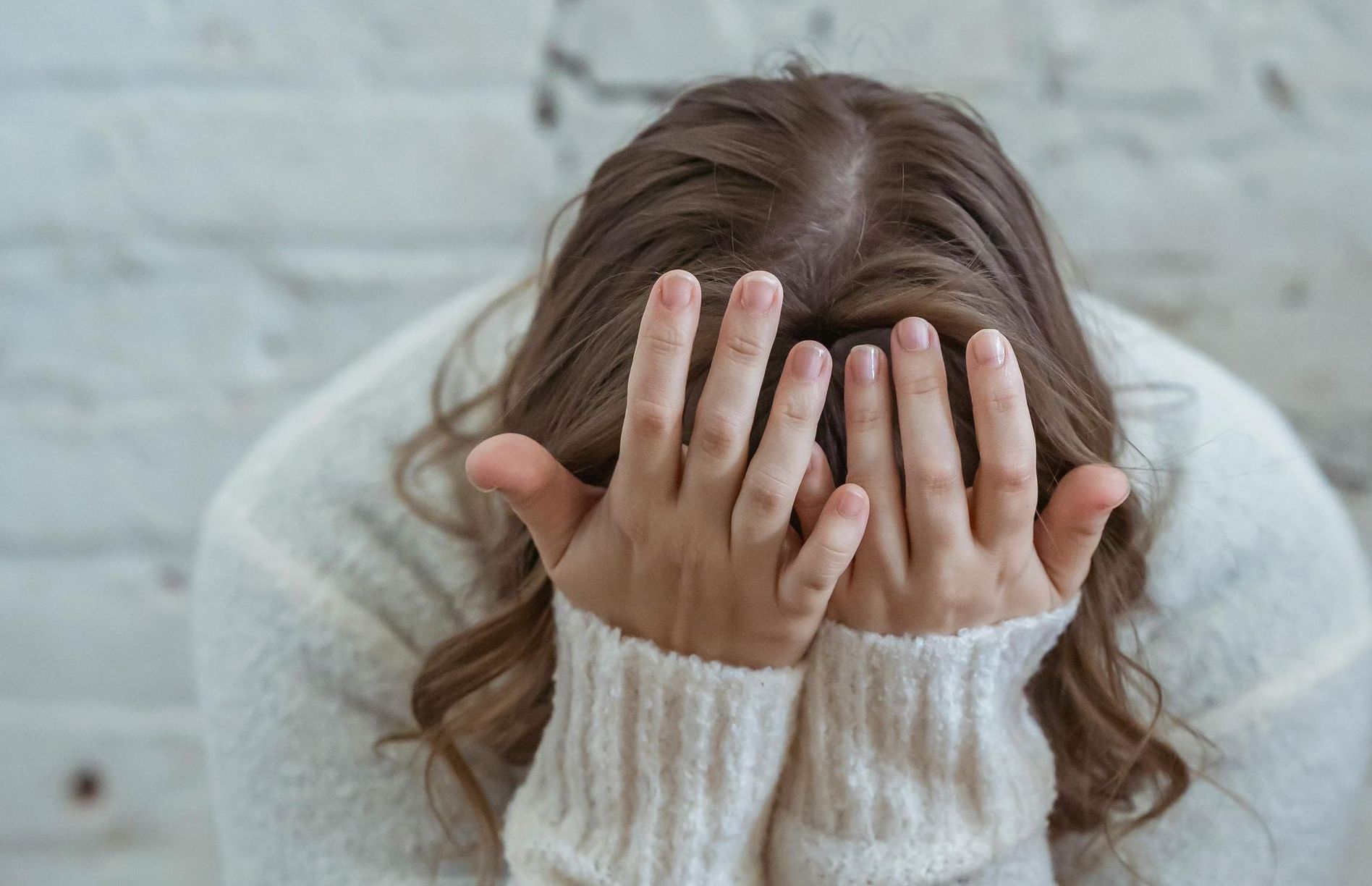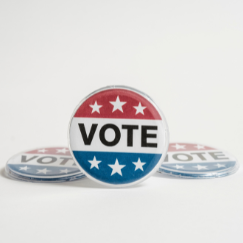Coping with Unemployment
Coping with Unemployment

[I am grateful to Brian for contributing this post. I know many of you who have walked this path or are in the middle of it. Hopefully his insights can help on your journey. – Jen]
I know unemployment. I know the isolation, depression, financial stress and crippling feeling of worthlessness that comes with failing to find a full-time job. I have experienced the awkward encounters with family and friends who try to help, but mostly offer well-meaning but futile advice and platitudes. I have experienced the hit to my identity as a man, husband, father, and provider for his family, as well as the general aimlessness that comes to a person who desires to work, with none to be had. I have previously walked this path…a couple of times.
Not surprisingly, research shows that unemployment affects mental health. As summarized by a researcher in a 2003 study on the topic,
“Unemployment is a stressful event that requires adjustment to new daily schedules, economic situations, and demands. Stress is associated with numerous adverse physical and mental outcomes. Unemployment can also threaten an individual’s self-concept or self-identity and deprive him or her of beneficial byproducts often gained from employment. These benefits can be either tangible such as financial reward or intangible such as provision of structure to the individual’s daily routine or enforcement of activity. In addition to possibly affecting health by creating financial strain and inducing psychological stress, unemployment can provoke adverse coping behaviors (eg, smoking, alcohol abuse).”
I can relate to the researcher’s conclusions. But what are some healthy ways to help mitigate these negative effects? I believe taking a fresh perspective not only staves off the negativity, but also leads to personal growth. Below are three lessons I have learned from my past periods of unemployment.
Your True Worth Does Not Come From A Job
The worst part of unemployment to me has been the feelings of worthlessness that come creeping in during the quiet times. I have had a tendency to view much of my worth through accomplishments, and those have been most apparent to me in work contexts. I like to engage my mind, produce something, and be appreciated by others for my efforts. That’s how I feel like I am making some sort of contribution in the world. While I don’t think that it is wrong that these make up part of my identity and self-image, it is clear that putting my primary worth in those things is misguided. I have found that relationships, primarily with my family, are far more important to me and are longer lasting. We all have significant value beyond our jobs, but for some reason we place so much emphasis on our identities as workers. It is important that we recognize our worth as relational beings and how we can contribute to humanity other than through our jobs.
Isolation Is The Enemy
My natural tendency in the past has been to withdraw during periods of unemployment. Much of it is the avoidance of uncomfortable conversations revolving around the world of work, whether it is the new acquaintance asking, “So, what do you do?” or a family member or friend requesting an update on the job search. It is simply easier and less painful to avoid it all. While some time spent alone is healthy and necessary for reflection and introspection, too much of it starts to work against a person. That is when many of the negative thoughts come creeping in. These thoughts, unchecked by the perspective of others, can start to stray from reality and make a person feel alone and different than others. It is positive to interact with others, especially in conversations about your newly discovered worth and activities, which are likely much more interesting conversation topics than your job. Plus, interacting and networking with others is one of the best ways to land your next job!
Unemployment Can Be A Blessing
There are many negative aspects of unemployment, most so obvious that they don’t even need mentioning. However, my experiences have shown me these times can also be seen as gifts; rare blessings to life that aren’t planned or expected. In staying healthy, I believe it is important to recognize and embrace these blessings rather than becoming mired in the difficulties. My periods of unemployment have allowed me time to be more attentive to my family and attend to much-needed work at home instead of being consumed in my outside job. Periods of unemployment can also be a good time to take an inventory on life and career goals. While many people will not quit a job to pursue their dreams, lacking a job might just provide the time, extra motivation, and freedom to take that leap.
With the proper perspective, this time of unemployment can be a time of discovery, reclaimed relationships, and new beginnings, which have been more valuable to me than any job I ever had.
________________________________
Brian Cole, Ph.D., is a writer with eclectic interests, work experiences, and locales. He has earned a doctorate in education and held jobs in college administration, nonprofit management, traditional and experiential instruction and team building, community organizing, and newspaper journalism. He is currently a faculty member in the Ed.D program at Abilene Christian University. He has lived in 9 different states and loves to travel and experience new cultures, people, and a proper cup of coffee. On a path to self-discovery, he is also a personal assessment inventory junky (Enneagram – Type 5, “The Investigator;” MBTI – INTP, “Architects;” and Clifton StrengthFinder – Signature Themes: Deliberative, Intellection, Futuristic, Adaptability, and Strategic).
Restore Therapy Collective



